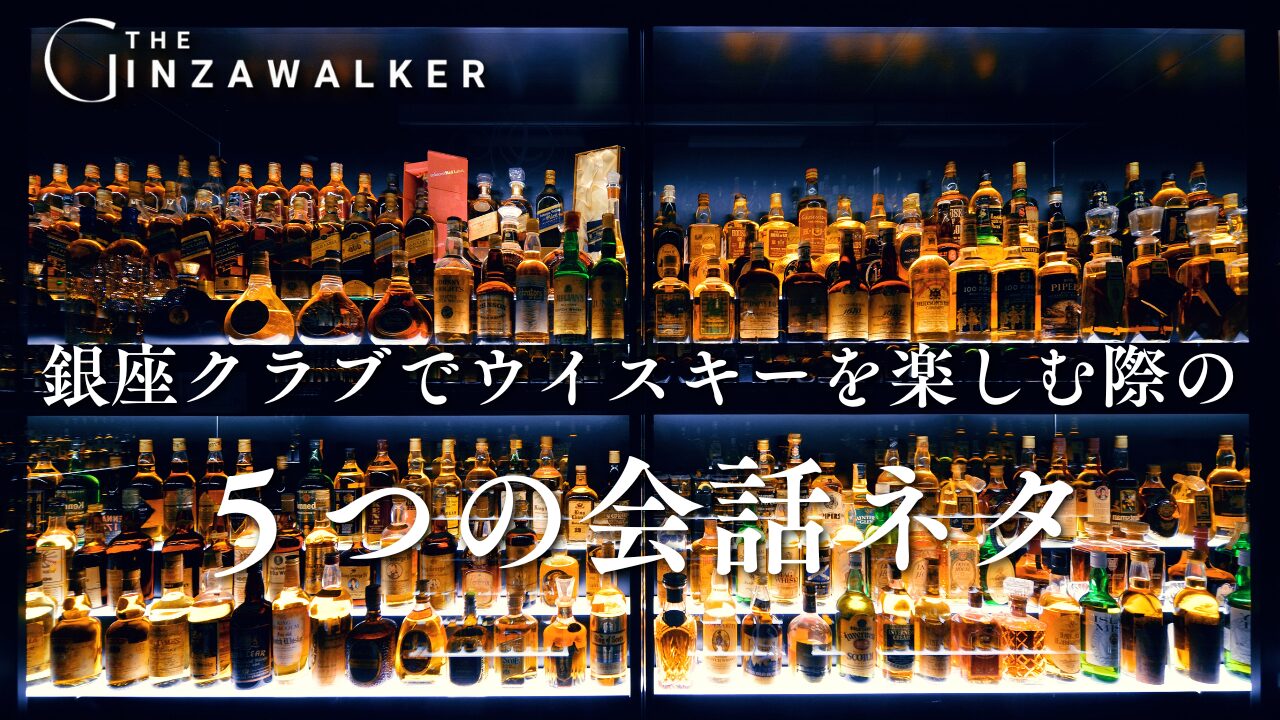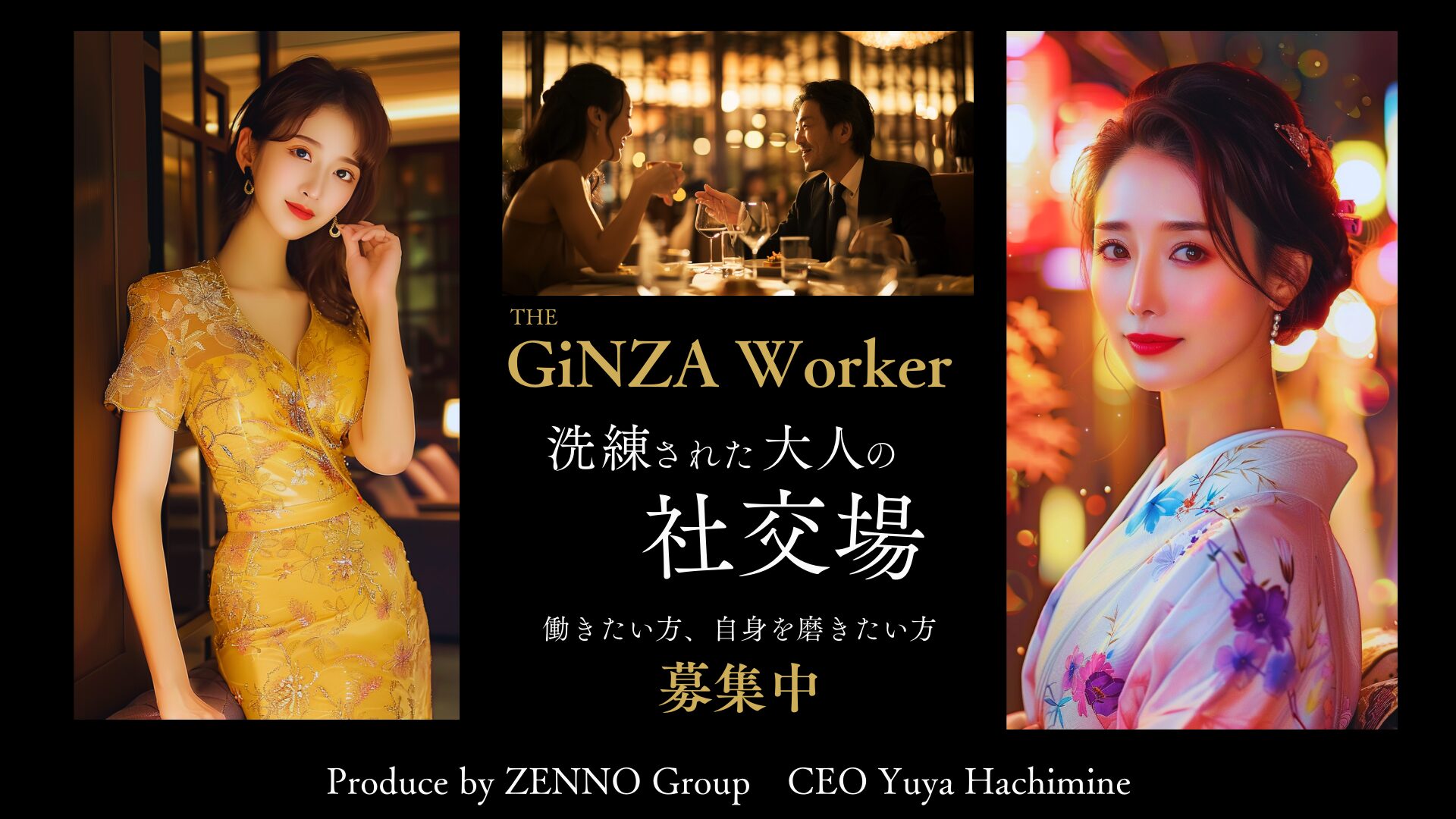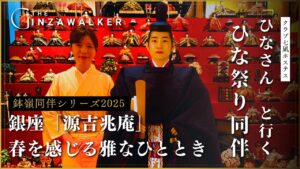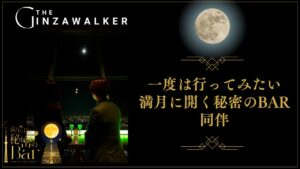
Here are five topics to enrich your time enjoying whiskey at a club in Ginza. Use these tidbits to enjoy smart conversation.
Table of Contents
1. the color of the whiskey has nothing to do with the age of the whiskey
It is a big misconception to think that the darker the color of a whiskey, the longer it has been aged.
In reality, the color of whiskey is greatly influenced by the type and use of the casks used for maturation.
Whiskey aged in new oak casks can become darker in a short period of time; conversely, it is not uncommon for whiskey that has been aged for a long time to remain light in color.
In addition, the material of the cask and what it previously contained also affect the color. Whiskey aged in sherry casks tends to be darker in color than whiskey aged in bourbon casks.
2. adding dye to whisky is common practice
Many whiskey makers add caramel coloring to their products to maintain a consistent color.
Many whiskies, especially those sold commercially, use this dye.
However, products labeled 'no color' or 'natural color' indicate that no coloring agents have been used, allowing you to enjoy the colors in their natural state! No colorant is used.
The use of caramel coloring, especially by major manufacturers, is often done by craft distilleries and fine whiskeys, but increasingly natural tints are being emphasized.
3. strict definition of Japanese whiskey
In the past, what was called Japanese whiskey included products that were simply whiskey distilled overseas and bottled in Japan.
However, as of April 1, 2021, only whiskey that has been saccharified, fermented, distilled, aged in wooden casks for at least three years, and bottled in Japan can call itself "Japanese whiskey," according to new standards introduced by the Japanese Spirits & Liqueurs Makers Association (JSLMA) Japanese Whiskey" can now be called "Japanese Whiskey".
This standard will make it easier to distinguish true Japanese whiskey and allow consumers to feel more confident in their purchases.
However, these standards are not legally binding and only members of the association are required to follow them. Therefore, there may still be products on the market that do not meet the standards.
*Related Articles
4. the meaning of the number of years on the bottle
The age listed on the whisky bottle means that the spirit has been aged for a minimum of that length of time.
However, this also indicates that there is a possibility that some of the original wine may have been aged for more than that number of years in the blend.
Although it may vary depending on the laws and standards of each country, the number of years indicated is only an indication of the minimum ageing period, and not all whiskies are aged for more than that number of years.
It is also common to blend whiskies of different ages to create complex flavors.
For this reason, it is difficult to judge the quality of a whiskey based solely on the age indicated on the bottle.
5. various ways to enjoy whiskey
Whiskey can be enjoyed in a variety of ways: straight, on the rocks, or in a highball.
There is no right way to drink it, and it is best to enjoy it according to your own preferences.
However, since whiskey is often adjusted at the time of production based on its taste straight up, we recommend that you try it straight up first to get a taste! The following is a list of the most common problems with the
In addition, it is common in whiskey tastings to add a small amount of water to the whiskey in order to enjoy the changes in aroma and flavor.
This may soften the alcohol stimulation and bring out hidden flavors.
Based on these topics, please enjoy your whisky time at the club in Ginza even more. Please enjoy great conversation while experiencing the deep appeal of whiskey.
Article Supervisor
Yuya Hachimine

Representative Director of ZENNO GROUP, Inc. known as a leader in the night work industry in Ginza. He worked for 14 years as a black-shirted worker in a high-class club in Ginza, and based on his experience, he provides various services for the industry. In order to improve the inefficient work system, he founded ZENNO GROUP Inc. and has contributed to the development of the industry.
Yuya Hachimine's SNS and related links
- Instagram: @88.hacci.88
- the Focus: Interview with Yuya Hachimine
- Laule'a Publishing The Moon Reading of the Wise Men: A former Ginza black dresser talks about the secrets of the customer service industry.
- local color: More about ZENNO GROUP
- GLOCAL.: ZENNO GROUP Initiatives
- Qualitas Column:Bringing innovation to the glittering "nightlife of Ginza.








































![Impact of PIN Bypass Abolition on the Ginza Club Industry and How to Respond [2025 Edition].](https://ginza-zennogroup.com/world/wp-content/uploads/2025/01/unnamed-file-4-300x169.jpg)


![Ginza Gourmet] BISTRO J_O Thoroughly Dissected until March 15, 2025! A famous restaurant full of Goro Inagaki's specialties](https://ginza-zennogroup.com/world/wp-content/uploads/2025/02/【銀座グルメ】2025年3月15日までBISTRO-J_O徹底解剖!稲垣吾郎のこだわり満載の名店-300x169.jpg)







